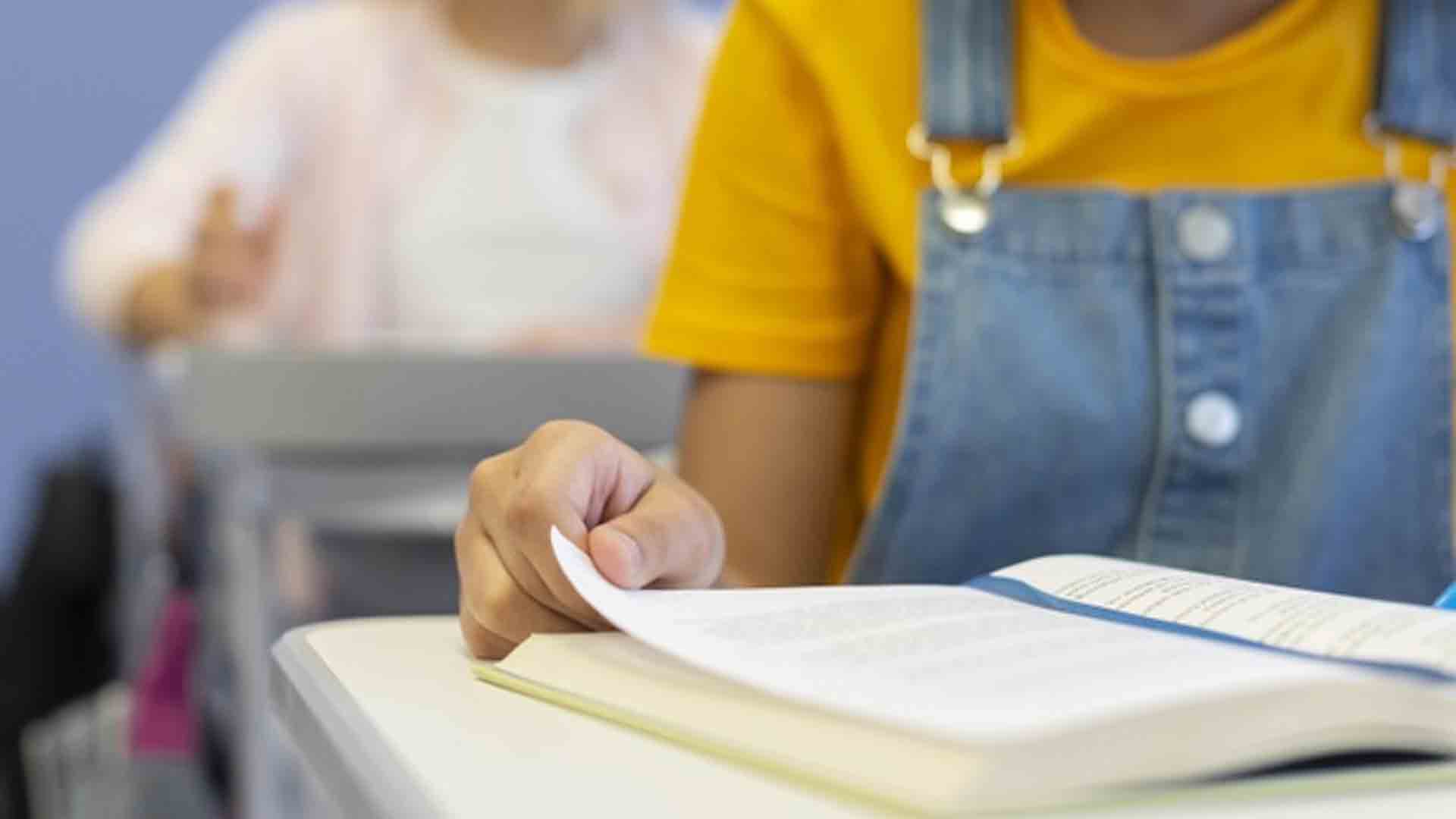The House Committee on Basic Education and Culture on Wednesday approved the proposal for the creation of a Learning Materials Development Center (LMDC) attached to the University of the Philippines (UP) College of Education to ensure the accuracy, quality, and effectiveness of learning materials in the public school system.
The proposal was included in House Bill No. 5247, or the proposed K-12 Reform Act.
Under the bill, the LMDC will be the clearinghouse for nationally procured and distributed learning materials.
The LMDC will also study and recommend how learning materials can be improved.
It will serve as a think-tank for research on improving learning outcomes with better learning materials.
The center will be headed by an Executive Director appointed by the Dean of the College of Education.
Albay Rep. Joey Salceda, author of the bill, said the problem with the learning materials procured by the Department of Education (DepEd) is quality assurance.
“I have not seen a textbook produced by the DepEd that compares with the quality of learning materials typical in more sophisticated public school systems. Instead, what we see are materials that jump too high, steep too low, or are just plain inaccurate or objectionable,” Salceda said. “So we need an independent center to act as a sort of content and quality ombudsman for our learning materials.”
Salceda said that because testing is standardized in the country, textbooks are crucial because public schools do not deviate from them.
“If you spread inaccuracies with one textbook, it spreads all over the country. And because we keep these books for a while, you could be misinforming or miseducating a generation with a bad textbook,” he said.
Salceda further said better textbooks are the basic building blocks to better learning outcomes.
“If we want to start producing smarter, more skilled graduates, we have to start with what we are teaching them,” he added.
Imposing penalties in the publication of erroneous learning materials
Meanwhile, the House Committee on Public Accounts is mulling the imposition of penalties against persons behind the publication and distribution of school books, learning materials, and self-learning modules containing errors or misleading information, whether intentional or not.
Probinsyano Ako Party-list Rep. Jose Singson Jr., panel chair, said they will also expect from the DepEd an acceptable justification for its “continued failure” to comply with the provisions of Republic Act 8047 that removed from the department the responsibility of publishing books.
The House Committee on Public Accounts conducted an initial hearing on House Resolution 1670 that directed the House panel to conduct an investigation, in aid of legislation, on the Commission on Audit’s findings on numerous errors in the learning materials and modules that DepEd approved, published, or distributed to basic and secondary education students.
“The Mabalacat learning module that contained vulgarity is very alarming. While DepEd officials boasted that they corrected the error, it pains us to learn that the culprit has not been punished,” Singson said.
He was referring to the report of educator Antonio Calipjo-Go who revealed that the vulgar Filipino word for sexual intercourse has been written in a self-learning module (SLM) distributed to students by the DepEd division in Mabalacat, Pampanga.
The obscene word was used in describing what an “aswang” is and what it does.
DepEd Undersecretary Tonisito Umali admitted that while they have acted on the issue as early as February 2021, the person who purposely put the vulgar word in the SLM has yet to be identified and punished.
“What he or she did was intentional, glaringly malicious and utterly despicable. Like the numerous errors found by COA in DepEd learning materials, it will be difficult for our students to unlearn what their teachers asked them to digest,” Singson said.
To address the issue, Singson said the public accounts panel will determine whether or not there is a need to impose penalties against persons involved in the publication and distribution of books and learning materials for students in basic and secondary education.
He said aside from authors and writers, government officials and personnel tasked to edit, proofread, examine and approve errant books for publication and distribution should also be penalized.
“Unlike our students who are minors and are gullible to assimilate what is taught them in school, I believe it is now time to teach those who committed mistakes, whether intentional or not, a lesson,” he added. (PNA)




















